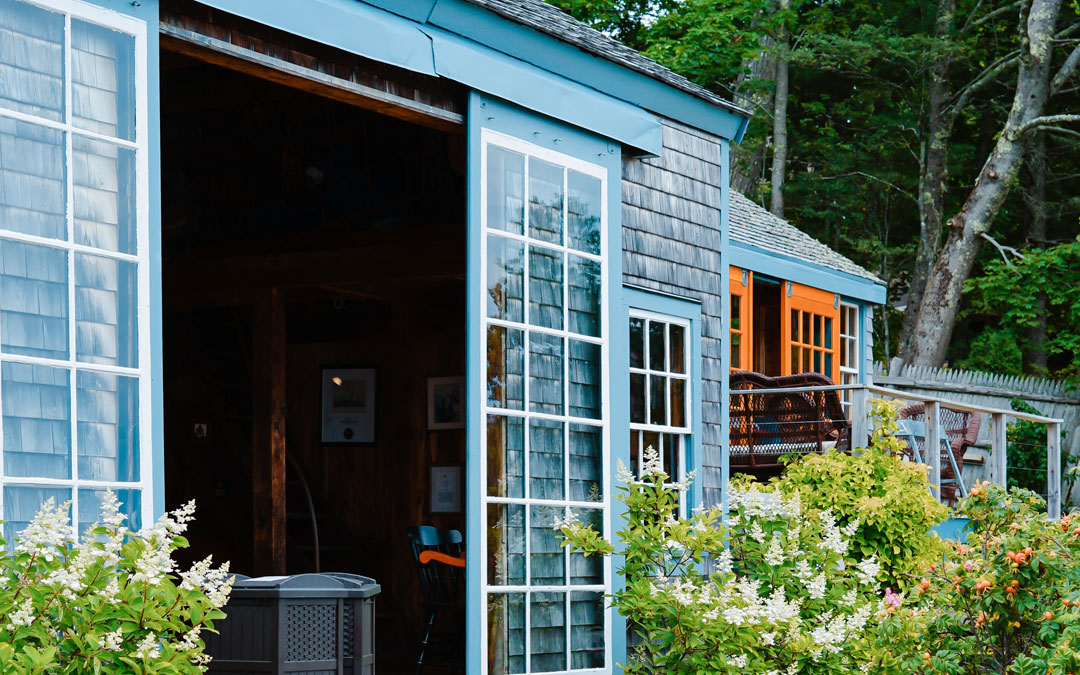In the last twenty years, the City of Seattle has become a global center for technology, drawing innovative minds from the world over to live within the confines of the city’s relatively small 83.9 square miles (over 40 square miles of which is water). Wikipedia. In the next ten years, experts predict another 100,000 people will move to Seattle. Yet, the number of existing housing units available for the current population is failing to keep up with demand. So, what should a city, whose make-up consists of some of the most innovative-minded people on the planet, do to solve a housing shortage issue and prepare for a population explosion in the future? Also, what can be done in an effort to preserve some of the more unique neighborhoods within Seattle (i.e. Ballard, Wallingford, Columbia City) and keep the single-family home aesthetic, yet still provide for more housing units within its confines?
One such creative solution may lie in the use of backyard cottages.
Accessory Dwelling Units (“ADU”) are separate living spaces on a single-family zoned lot that may lie within a house or on the same property as an existing house. Backyard cottages, also known as Detached Accessory Dwelling Units (“DADU”), and mother-in-law or basement apartment, units referred to as ADUs, currently exist within the landscape of the City of Seattle. However, they are heavily regulated by the current Land Use Code. Such regulations include, but are not limited to: lot size requirements, square footage limitations, off-street parking requirements, and that the property owner must reside on-site. ADUs and DADUs also must be permitted under the City of Seattle building code to be habitable.
The City of Seattle is currently working in an effort to reform ADU ordinances, which would make the addition of ADUs and DADUs more attractive to property owners. Some of the legislative reforms that the City of Seattle is considering are, as follows: 1) allow for two ADUs per single family zoned lot; 2) loosen regulations on the construction of ADUs; 3) remove the off-street parking space requirement; and 4) loosen the owner on-site occupancy requirement. Seattle’s City Council continues to debate these issues as they pertain to ADU reform and fine-tune a policy that will likely take root in the near future. While the expansion of ADUs and backyard cottages may be controversial to many property owners, allowing such expansion might provide a creative solution to Seattle’s housing shortage dilemma by providing more housing units that the City desperately needs while also maintaining the charm and aesthetic that Seattlites enjoy in their neighborhoods.

Recent Comments